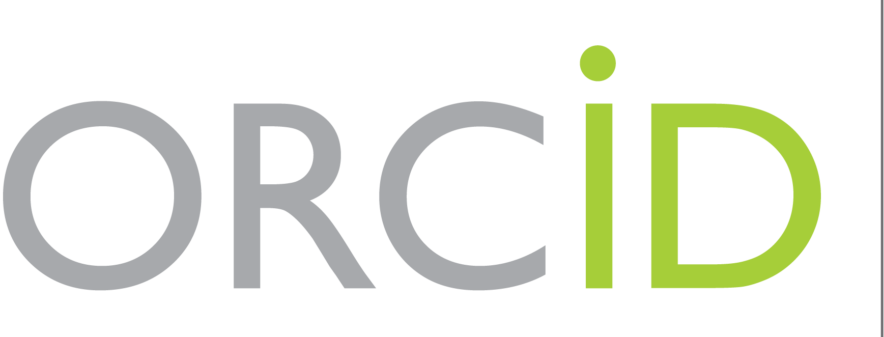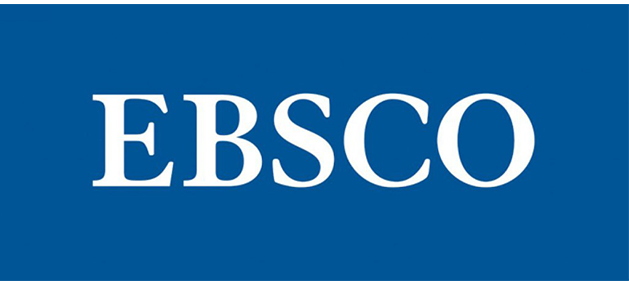RESILIENCE FOR FREELANCERS AND SELF-EMPLOYED
Keywords:
Resilience, technology, self-employment, freelancing, home officesAbstract
Resilience helps us to accept and respond quickly and flexibly, tailoring our actions to business situation. The aim of this paper is to investigate benefits that self-employment and freelancers bring to employees. Moreover, we explored both subjective and objective dimensions of job quality, such as job satisfaction, motivation, changes in working hours, along with issues related to physical and mental health and work-life balance. The research is based on two hypotheses, which we tried to prove. We used qualitative and quantitative methods in our research. In the paper is concluded that working from home is a general trend in the world that will continue in the future, as more and more people are leaving “corporate life” and replacing it with business, which they do in a much more relaxed environment of their home and family.
References
Burke, A. (2011). The Entrepreneurship Enabling Role of Freelancers: Theory with Evidence from the Construction Industry, International Review of Entrepreneurship 9(3). https://www.senatehall.com/uploads/fck/Burke9_3.pdf/
Kitching, J. and Small bone, D. (2008), Defining and Estimating the Size of the UK Freelance Workforce, A Report for the Professional Contractors Group, Kingston University, UK.
Radović Marković, M. i Tomaš, R. (2019), Globalization and Entrepreneurship in Small Countries, New York, NY: Routledge, United States. p. 174.
Radović Marković, M., Đukanović, B., Marković, D., Dragojević, A. (2021). Entrepreneurship and Work in the Gig Economy - The Case of the Western Balkans, Routledge, London, United Kingdom
Radović Marković, M., Radulović, D., Đukanović, B. (2021). Ekonomski ,pravni i socijalno-psihološki aspekti rada od kuće, izdavač “akademska kinjižarnica Zoran Stojanović’’, Novi Sad, S. 276.
Golden, T.D., Veiga, J.F., & SimVek, Z. (2006). Telecommuting’s differential impact on work-family conflict: Is there no place like home? Journal of Applied Psychology, 91(6), pp. 1340-1350.
Fuze (2021). The Future of Work. Available at: The Future of Work: Connecting the Digital Workforce I Fuze.
Marinova, I. (2020). 28 Need-To-Know Remote Work Statistics of 2020.
Ishay, Y.B., (2019). Revisiting “Work from Home´ from an Organizational Perspective.
Radovic Markovic, M. (2006). Self-employment: Home Business, Beograd: Digital Art, p. 213. [COBISS.SR-ID 130704140]
Radovic Markovic, M. (2020). RESILIENCE AND ENTERPRISE RECOVERY IN RESPONSE TO COVID-19 CRISIS, Journal of Entrepreneurship and Business Resilience, FIMEK, Novi Sad, Year III, Vol. 3, No 2, pp. 7-13.
Radovich Markovic, M. (2018). Organisational Resilience and Business Intinuity: Theoretical and Conceptual Framework, Journal of Entrepreneurship and Business Resilience, FIMEK, Novi Sad, Year I, No 1, pp. 5-11.
Petrunenko I., Chychun V., Shuprudko N., Kalynichenko Y., Ali Issa M. I.(2021) Trends in the management of global economic development in the postpandemic period, International Review, ISSN 2217-9739, Faculty of Business, Economics and Entrepreneurship, Belgrade, No. 1-2, str. 76-86, 2021.
Radovich Markovic M., Salamzadeh A., Vujicic S. (2019) Selection of organization models and creation of competences of the employed people for the sake of competitiveness growth in global business environment, International Review, ISSN 2217-9739, Faculty of Business, Economics and Entrepreneurship, Belgrade, br. 1-2, str. 64-71.
Radovic Markovic M., Vucekovic M., Markovic D. (2020) Koncept digitalnog preduzeća i njegove virtualizacije, Trendovi u poslovanju, ISSN 2334-816X Visoka škola za poslovnu ekonomiju i preduzetništvo, Beograd, Vol. 8, br. 1, str. Pp. 75-82
Viduka D., Ličina B., Kraguljac V. (2021) Otvoreni model obrazovanja primenom Open Source principa, Trendovi u poslovanju, ISSN 2334-816X, Visoka škola za poslovnu ekonomiju i preduzetništvo, Beograd, Vol. 9, br. 1, str. Pp. 40-48.
Downloads
Published
How to Cite
Issue
Section
License

This work is licensed under a Creative Commons Attribution 4.0 International License.
http://creativecommons.org/licenses/by-nc-nd/4.0














